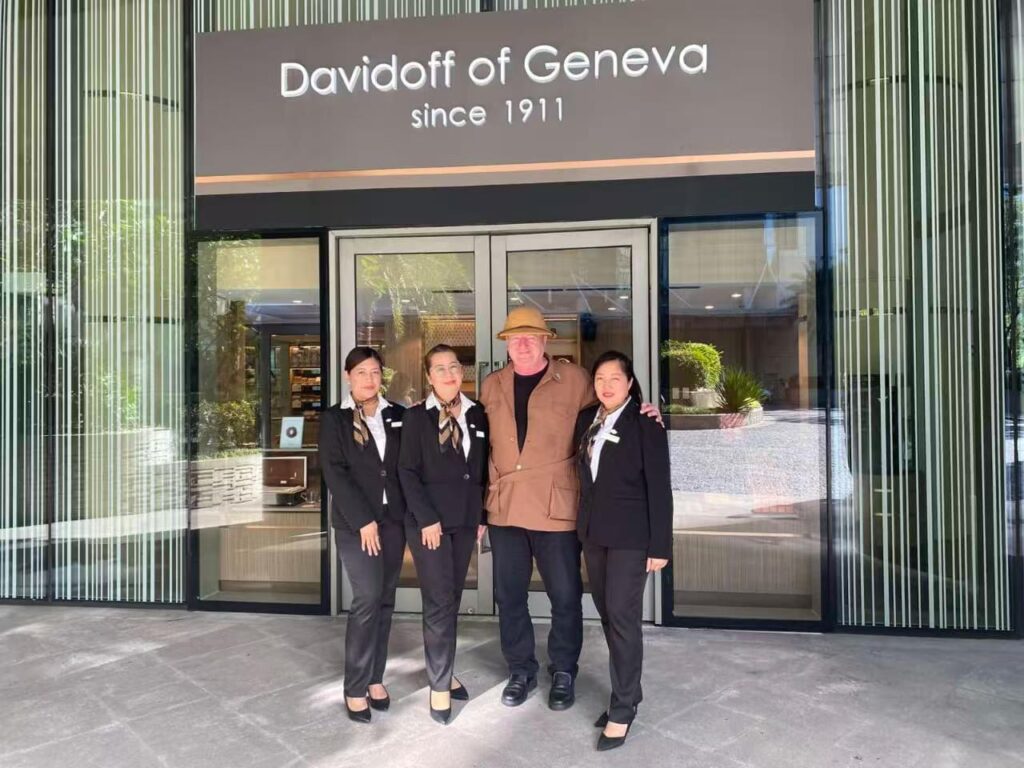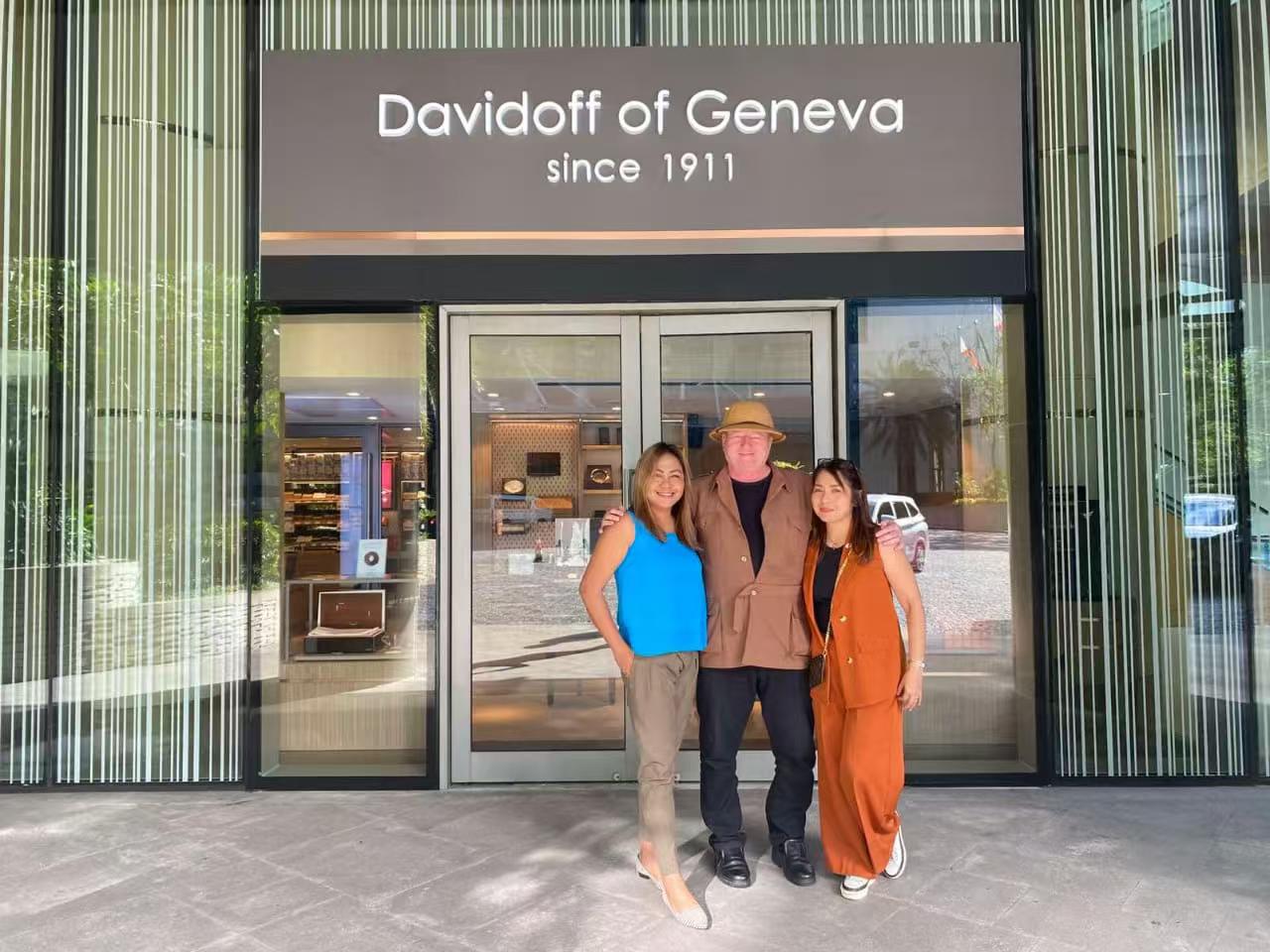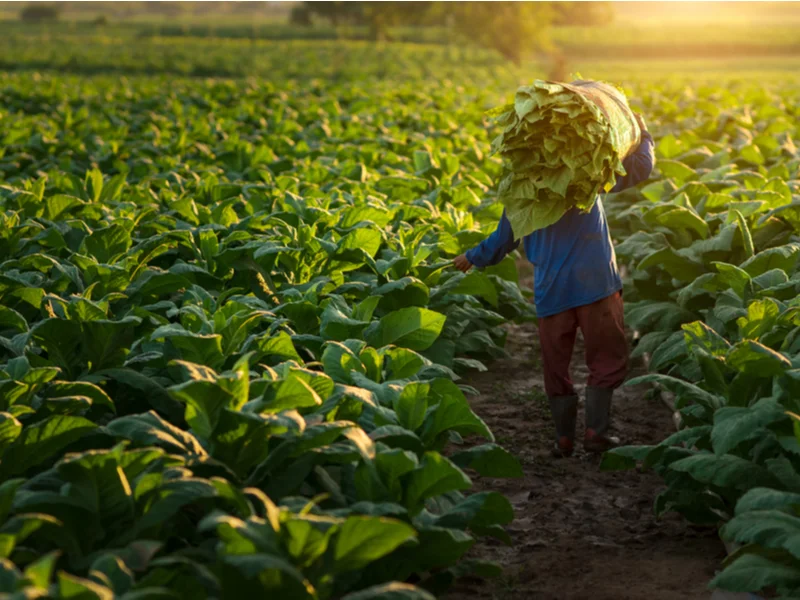Jake Sanders, Editor at large
Davidoff cigars have made their much-anticipated debut in Manila, marking an exciting milestone for cigar aficionados in the Philippines. The prestigious flagship Davidoff store is now open at Shangri-La at the Fort in Bonifacio Global City (BGC), offering a sophisticated and welcoming space for enthusiasts to indulge in the world of fine cigars.
The new shop boasts an impressive selection of premium Davidoff cigars, officially distributed by Zino Manila Inc. in the Philippines,catering to both seasoned connoisseurs and those new to the craft. A notable highlight of the store is its exclusive, speakeasy-style private smoking room, designed to provide a luxurious and discreet environment for patrons to enjoy their cigars in comfort.
In addition to the flagship store, two more Davidoff outlets are scheduled to open in Manila this year, further expanding the brand’s presence and accessibility. More details about these upcoming locations, along with exclusive Davidoff promotions and events, will be revealed in the coming months.Joy Flores is operational head and Grace Rosquillo is brand manager, on premises and wholesale marketing manager.
Stay tuned as Manila transforms into a vibrant hub for cigar culture with the arrival of Davidoff’s world-renowned craftsmanship and elegance.

History of Davidoff
Zino Davidoff seemed destined to craft exceptional cigars. Born in 1906 in Kiev, Ukraine (then part of Russia), he was the son of a cigar merchant. The Davidoff family dealt in Asian tobaccos, selling cigars and cigarettes. When Zino was five, they relocated to Geneva, Switzerland, where they established a tobacco shop that served as the foundation for future success. Even the exiled Vladimir Lenin was rumored to have been a customer before returning to Russia in 1917.
At 19, Zino explored Latin America, including Cuba, to deepen his understanding of tobacco cultivation. Upon his return, he innovated within the family business by creating new cigar blends and pioneering storage solutions, including the desktop humidor. In 1947, he launched the first Davidoff cigar lines, named “Chateau” and “Grand Cru,” inspired by Bordeaux wines. The Davidoff name became synonymous with luxury, particularly in Europe.
The shop initially sold Cuban cigars, notably the Hoyo de Monterrey Chateaux series, which gained popularity in the 1940s. This success led to a collaboration with Cubatabaco in 1967 to produce Cuban Davidoff cigars, known for their smooth, mild flavors. Concerns over quality led Zino to begin production in the Dominican Republic, including the White Label series. By 1991, he severed ties with Cuba, citing quality control issues, and transitioned all production to the Dominican Republic, allegedly destroying substandard Cuban cigars to uphold the brand’s reputation.
Today, Davidoff is renowned for its White Label cigars, including Millennium, Grand Cru, Signature, and Aniversario. Each offers distinct flavor profiles, from sweet and smooth to earthy and spiced. The 21st century saw the launch of the Black Label series, incorporating Nicaraguan tobaccos for richer, medium-bodied flavors. The Yamasá and Escurio lines followed, featuring darker, spicier blends.
Notable special lines include Puro d’Oro, with creamy, spiced notes, and the sophisticated Winston Churchill series, blending tobaccos from multiple regions. Davidoff also produces other brands, like Avo and Camacho, under the umbrella of the Oettinger Davidoff conglomerate.
Though Cuban Davidoffs ceased production, they remain sought after at auctions, exemplifying the timeless elegance and balance associated with the brand.



